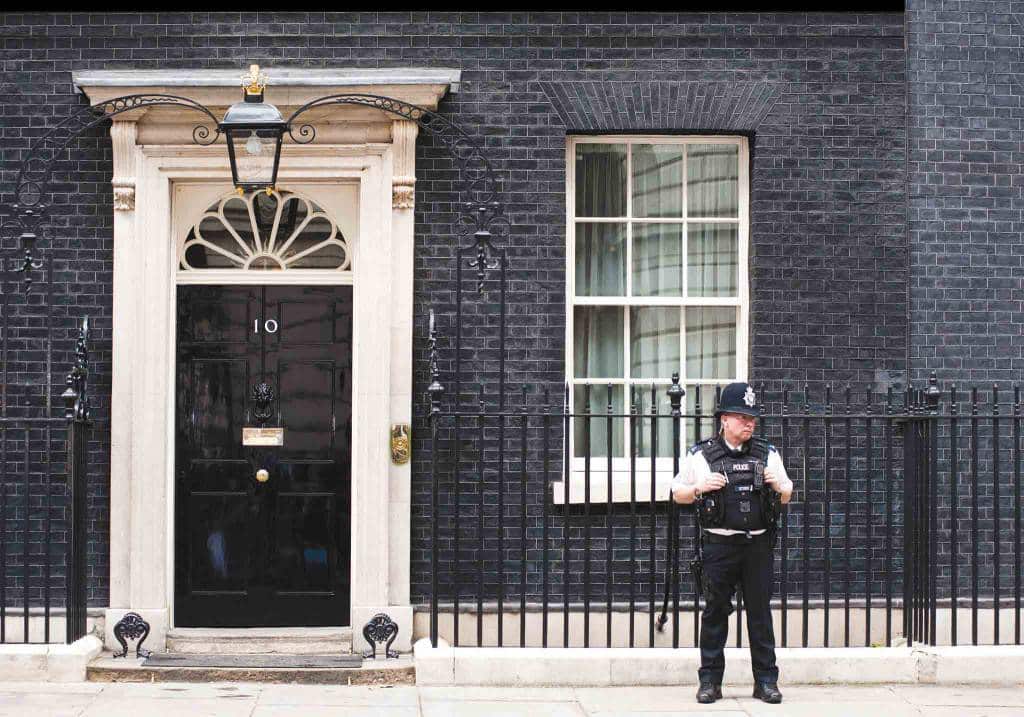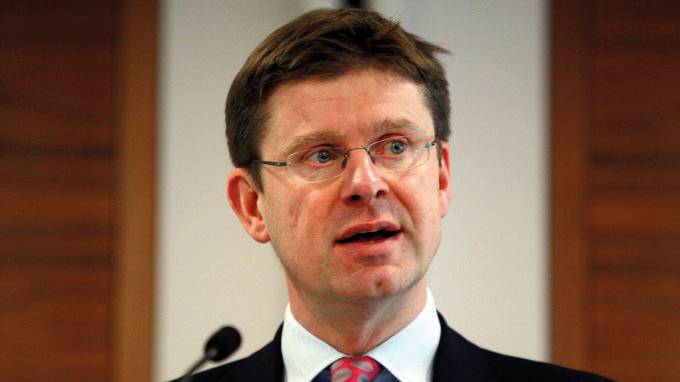Here is the latest in a series of monthly columns written exclusively for this newspaper by Tunbridge Wells MP Greg Clark, in which he offers his own unedited thoughts and opinions.
Viewed from the outside, a Cabinet reshuffle looks like a prime piece of political theatre: One by one the supporting characters troop into Downing Street. Some wave for the cameras, others look straight ahead.
Then the door to Number 10 swings open and they disappear inside to meet the unseen star of the show – the Prime Minister. A little while later, the newly appointed (or reappointed) ministers reappear – usually with smiles on their faces.
Is it all staged? Do the ministers already know what job they’re getting before they go in? Having gone through the process a few times myself I can tell you that they definitely don’t. Except that on each occasion I’ve walked into Downing Street on reshuffle day, I’ve known that I’d be coming back with the most important job I’ve ever had – serving as the Member of Parliament for Tunbridge Wells.
In this country, most ministers are also MPs (the exception being the minority who sit in the House of Lords).
That means that as well as attending to a particular area of policy from their ministerial desks they also have to deal with the impact that Government policy as a whole has on the places they represent. Keeping ministers rooted in real communities is, I think, an important part of our democratic system.
I should say that there’s nothing narrow about the responsibilities of the new ministry that Theresa May has asked me to lead. As the name suggests, the Department of Business, Energy and Industrial Strategy is responsible for policy on business, energy and industry; but it’s also responsible for climate change, science, innovation and consumer affairs – and has joint responsibility for cities and local growth. Obviously it isn’t possible to fit all of these policy headings into the name of the department, but they’re all vital to the future of our country – and, in fact, the world.

There is a particular opportunity to bring energy and climate change into sync with our business and industrial policy. During the years ahead much of our current electricity-generating capacity will have to be replaced. Most countries around the world have the same challenge. That is a big responsibility, but also a huge opportunity. Britain has some of the most capable engineers and scientists on the planet, as well as a respected position in leading environmental improvements.
In meeting our own need for a resilient, clean and competitive supply of energy, we can develop – whether in nuclear, gas or renewables – products and skills that can be sold to meet a rising demand around the world.
When it comes to safeguarding the environment and creating new jobs, it’s not a case of either/or but of doing both.
The recent vote to leave the European Union is a reminder that we have to earn our way in the world.
However, we should never have to choose between our standard of living and our quality of life. The two belong together.
Though there’s always room for improvement, I think that in Tunbridge Wells we do a pretty good job of achieving both – which is one more reason why I’m proud to represent our towns and villages in Parliament.








